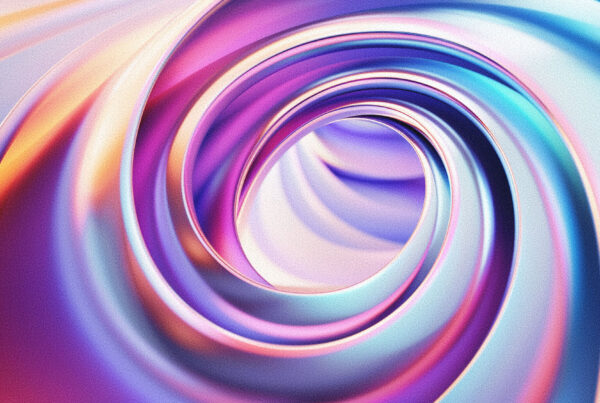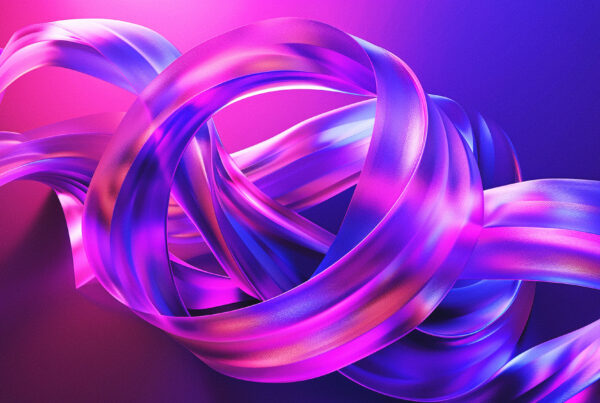In a world obsessed with productivity hacks and ever-accelerating workflows, creative professionals are increasingly pressured to work faster. Graphic designers, copywriters, and other creative minds are told to “move at the speed of business” or risk being left behind. But here’s the inconvenient truth: trying to be the fastest worker in the creative field is a race you’ll never win—and one that could cost you your career. As automation and AI tools become more sophisticated, the value of human creativity lies not in speed, but in nuance, insight, and the beautiful unpredictability of the human touch. Let’s unpack why chasing speed is a dangerous game, and which high-level skills will keep you relevant in the age of machines.
The Pitfalls of Speed in Creative Work Environments
Speed is seductive. We’re rewarded for quick turnarounds and rapid-fire revisions, which can make it tempting to prioritize “fast” over “good.” But in creative work, this is a recipe for mediocrity. When you focus solely on speed, you risk sacrificing the depth, originality, and strategic thinking that set great work apart from generic output. Clients may initially appreciate your rapid delivery, but over time they’ll notice the lack of distinction and depth in your work.
Moreover, the relentless pursuit of speed can lead to burnout and creative fatigue. The pressure to constantly keep up can erode your passion and stifle the very curiosity that fuels innovative ideas. Creative environments thrive on exploration, iteration, and even the occasional misstep. These are processes that take time—time that is incompatible with a “faster is always better” mindset.
Finally, by positioning yourself as “the fastest,” you inadvertently invite comparison with machines—an arena where humans will always lose. Computers don’t get tired, don’t need breaks, and can churn out endless iterations at the click of a button. If your main value proposition is speed, you are, quite literally, automating yourself out of a job.
Why Competing With Automation Is a Losing Battle
Let’s be blunt: you’ll never outpace the algorithm. AI-powered design tools, generative art models, and smart automation platforms are evolving at breakneck speed. They can produce thousands of design iterations in seconds, analyze data trends in real time, and even mimic certain stylistic choices. The gap between human and machine speed is only going to widen as technology advances.
The more you align your value with efficiency and rapid execution, the more replaceable you become. Companies looking to cut costs will inevitably turn to automation for repetitive, high-speed tasks. If your workflow is indistinguishable from what a computer can do, you’re making a compelling argument for your own obsolescence. The future doesn’t belong to the fastest—it belongs to the most irreplaceable.
Rather than trying to compete with technology on its terms, it’s time to change the game. Lean into the aspects of creativity that machines can’t replicate: intuition, emotional intelligence, and the ability to connect disparate ideas in unexpected ways. These are your differentiators. By embracing your humanity, you not only safeguard your career but also elevate the quality and impact of your work.
Essential Human Skills for Future-Proof Creative Careers
So, what should creative professionals focus on to stay relevant? First and foremost: critical thinking. The ability to ask the right questions, challenge assumptions, and synthesize complex information is invaluable. AI can generate options, but it takes a human mind to discern what truly resonates with an audience or solves a unique problem.
Second, cultivate your emotional intelligence and communication skills. Design and creative work are about connection—understanding client needs, interpreting feedback, and building relationships. Machines can’t read a room or empathize with a frustrated client. Your ability to listen, persuade, and collaborate will always set you apart in a world of automated outputs.
Finally, double down on your capacity for originality and conceptual thinking. Develop a strong creative voice, a distinct point of view, and the courage to break the mold. Experiment, make mistakes, and embrace the entropy of the creative process. The quirks and imperfections that come from being human are not liabilities—they’re your greatest assets. Focus on storytelling, strategy, and vision—areas where human creativity will always have the upper hand.
The future of creative work doesn’t belong to the fastest—it belongs to the most human. Stop racing the machines; you’ll never win. Instead, embrace the unpredictability, empathy, and originality that only you can bring to the table. By honing the high-level skills that automation can’t touch, you’ll not only secure your place in the industry, but also create work that truly matters. In the end, what makes you valuable isn’t how quickly you can churn out designs, but the depth, insight, and humanity you infuse into every project.





